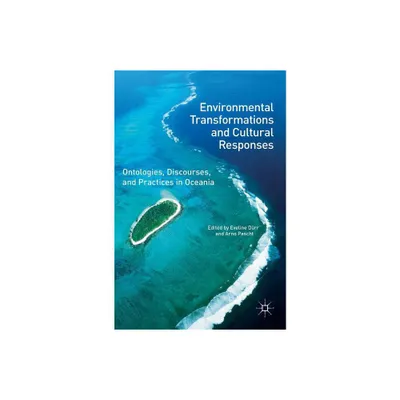Home
Be Very Afraid: The Cultural Response to Terror, Pandemics, Environmental Devastation, Nuclear Annihilation, and Other Threats
Loading Inventory...
Barnes and Noble
Be Very Afraid: The Cultural Response to Terror, Pandemics, Environmental Devastation, Nuclear Annihilation, and Other Threats
Current price: $38.99


Barnes and Noble
Be Very Afraid: The Cultural Response to Terror, Pandemics, Environmental Devastation, Nuclear Annihilation, and Other Threats
Current price: $38.99
Loading Inventory...
Size: Paperback
*Product Information may vary - to confirm product availability, pricing, and additional information please contact Barnes and Noble
In
Be Very Afraid
, Robert Wuthnow examines the human response to existential threatsonce a matter for theology, but now looming before us in multiple forms. Nuclear weapons, pandemics, global warming: each threatens to destroy the planet, or at least to annihilate our species. Freud, he notes, famously taught that the standard psychological response to an overwhelming danger is denial. In fact, Wuthnow writes, the opposite is true: we seek ways of positively meeting the threat, of doing somethinganythingeven if it's wasteful and time-consuming. It would be one thing if our responses were merely pointless, he observes, but they can actually be harmful. Both the public and policymakers tend to model reactions to grave threats on how we met previous ones. Offering insight into our responses to everything from
An Inconvenient Truth
to the bird and swine flu epidemics, Wuthnow provides a profound new understanding of the human reaction to existential vulnerability.
Be Very Afraid
, Robert Wuthnow examines the human response to existential threatsonce a matter for theology, but now looming before us in multiple forms. Nuclear weapons, pandemics, global warming: each threatens to destroy the planet, or at least to annihilate our species. Freud, he notes, famously taught that the standard psychological response to an overwhelming danger is denial. In fact, Wuthnow writes, the opposite is true: we seek ways of positively meeting the threat, of doing somethinganythingeven if it's wasteful and time-consuming. It would be one thing if our responses were merely pointless, he observes, but they can actually be harmful. Both the public and policymakers tend to model reactions to grave threats on how we met previous ones. Offering insight into our responses to everything from
An Inconvenient Truth
to the bird and swine flu epidemics, Wuthnow provides a profound new understanding of the human reaction to existential vulnerability.












